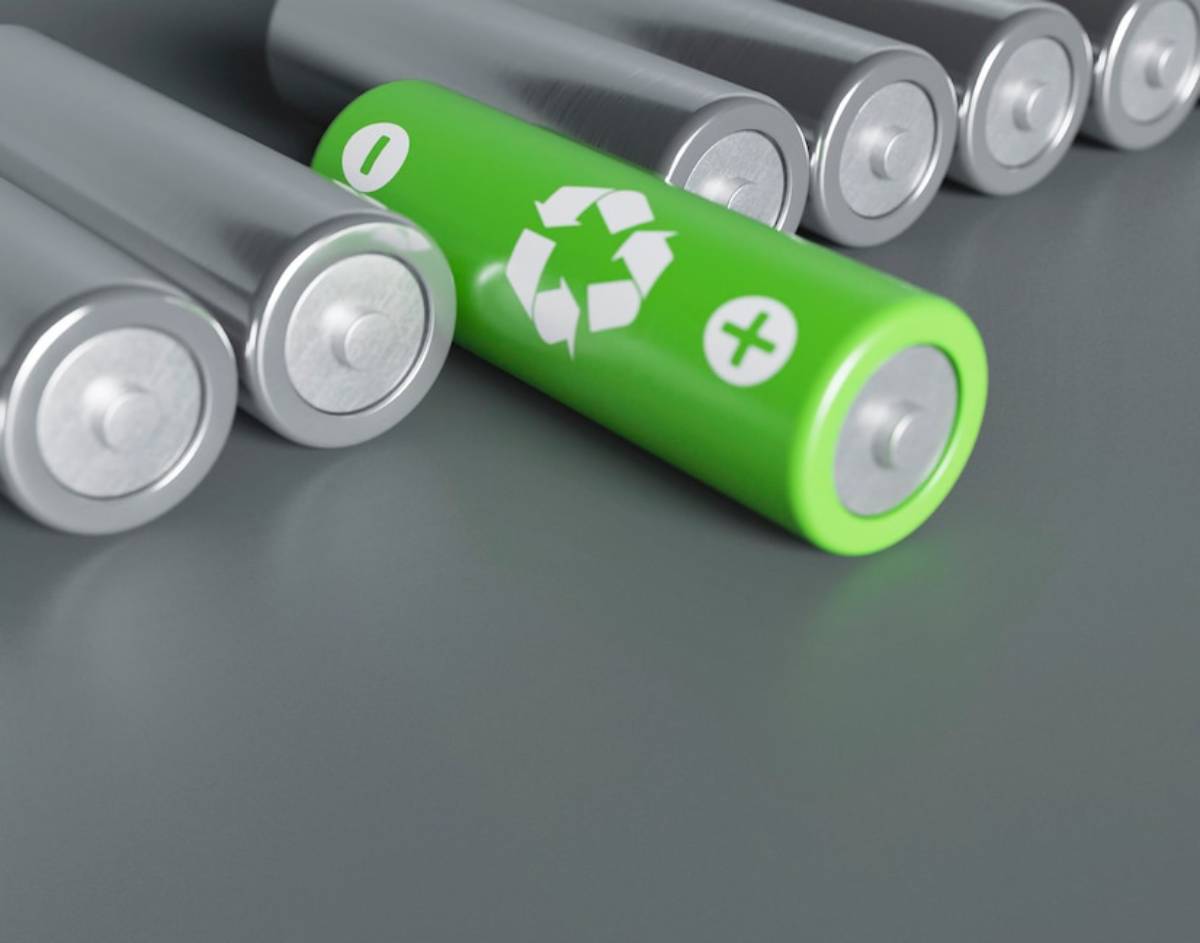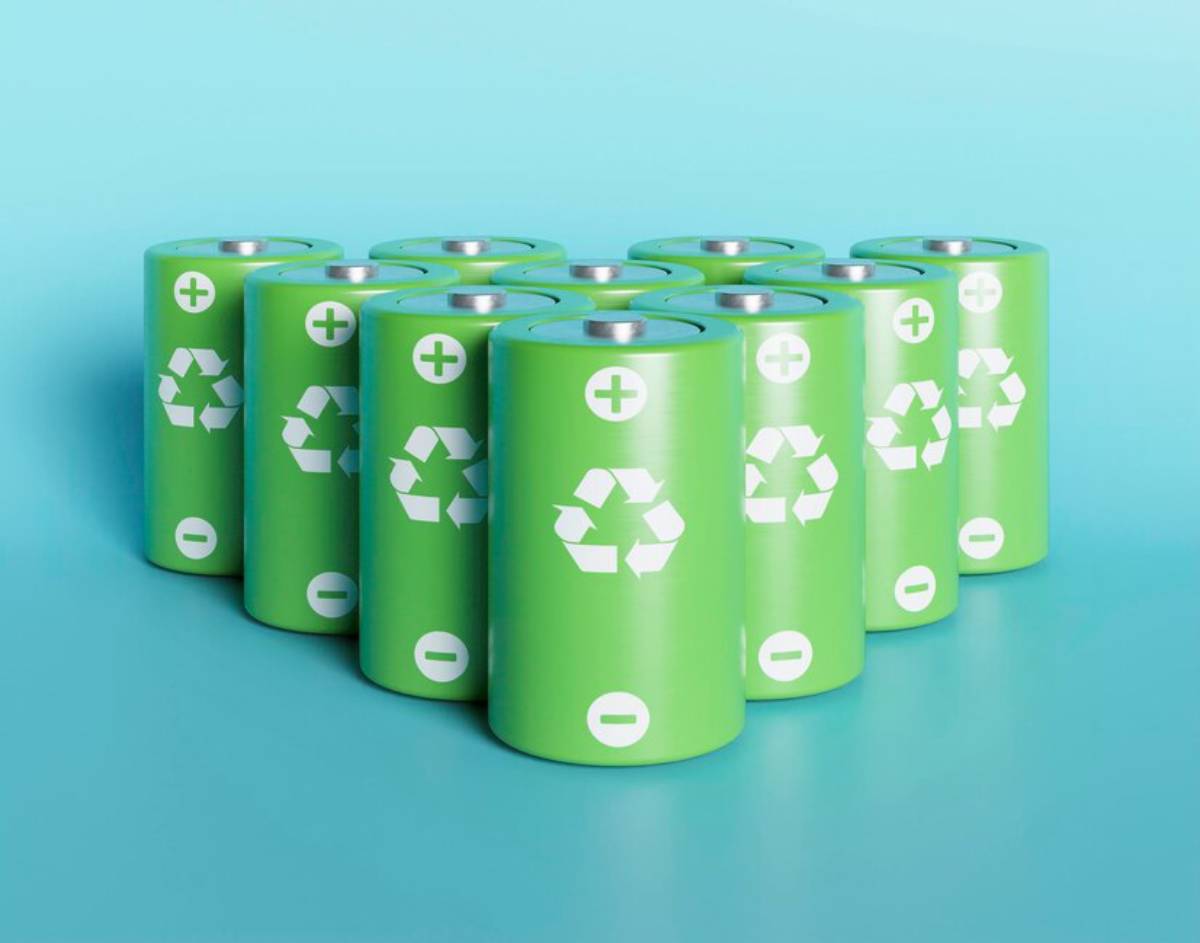
Lithium-Ion vs. Solid-State Batteries: Which is Better?
Electric vehicles (EVs) have gained popularity as the world moves towards sustainable transportation. A key factor in EV performance is the battery technology used. The two most discussed options today are lithium-ion batteries and solid-state batteries. Lithium-ion batteries lead the market now, but solid-state batteries are seen as the next big thing.
This blog compares lithium-ion and solid-state batteries. We will explore their differences, advantages, and challenges. We’ll also discuss the future of EV battery technology.
What Are Lithium-Ion and Solid-State Batteries?

Lithium-Ion Batteries
Lithium-ion batteries have been the standard for EVs for years. They use a liquid electrolyte to move lithium ions between the battery’s anode and cathode, enabling energy storage and discharge. These batteries are widely used due to their reliability and efficiency.
Solid-State Batteries
Solid-state batteries, on the other hand, replace the liquid electrolyte with a solid electrolyte. This change improves battery safety, lifespan, and energy density. So, it makes them a great option for future EVs.
Key Differences Between Lithium-Ion and Solid-State Batteries

1. Energy Density
- Lithium-Ion Batteries: They have good energy density. However, they need extra parts for safety. These add bulk and weight.
- Solid-State Batteries: Offer significantly higher energy density, allowing vehicles to travel longer distances on a single charge.
2. Charging Speed
- Lithium-ion batteries: They can be charged in 30 minutes with fast charging or take several hours for a full charge.
- Solid-State Batteries: They should charge faster because ions move better in solid electrolytes.
3. Safety
- Lithium-Ion Batteries: Prone to overheating, leakage, and even fires if damaged.
- Solid-State Batteries: They are safer. They cut the risk of liquid electrolyte leaks and thermal runaway.
4. Lifespan and Durability
- Lithium-Ion Batteries: Degrade over time due to charge cycles and temperature fluctuations.
- Solid-State Batteries: Expected to last much longer, reducing the need for battery replacements.
5. Cost and Scalability
- Lithium-Ion Batteries: Mass-produced and more affordable due to established manufacturing processes.
- Solid-State Batteries: Right now, they are costly because production is low. But as technology improves, prices should go down.
Advantages of Lithium-Ion Batteries
1. Established Technology
Lithium-ion batteries are common and have strong support systems. This makes them the top choice for EV makers.
2. Lower Cost
Compared to solid-state batteries, lithium-ion options are more affordable and easier to produce at scale.
3. Good Performance
These batteries provide reliable performance and good range. They also have acceptable charging speeds for most EV users.
Advantages of Solid-State Batteries
1. Greater Energy Storage
Solid-state batteries can store more energy, leading to extended driving ranges for EVs.
2. Improved Safety
Without flammable liquid electrolytes, the risk of fires and overheating is significantly reduced.
3. Longer Lifespan
These batteries have a strong structure, so they degrade less. They may last the entire lifetime of the vehicle.
4. Faster Charging
Solid-state technology allows ions to move faster. This means quicker charging times than lithium-ion batteries.
Challenges Facing Solid-State Batteries
1. High Production Costs
Making solid-state batteries is still costly. This high price makes them hard to use widely right now.
2. Scalability Issues
The technology is still being developed. Large-scale production has both technical and financial challenges.
3. Compatibility with Existing EVs
Most current EVs use lithium-ion batteries. So, automakers must redesign vehicles for solid-state options.
Future of EV Battery Technology
1. Ongoing Research and Development
Automakers and battery manufacturers are investing heavily in solid-state battery research. Toyota, QuantumScape, and Samsung are making big strides. They are boosting performance and cutting costs.
2. Commercialisation Timeline
Experts say solid-state batteries will appear in EVs in the next 5-10 years. Early models will likely be high-end cars before they reach the mass market.
3. Impact on the EV Market
If solid-state batteries work well on a large scale, they might completely replace lithium-ion batteries. This change could make EVs more efficient, safer, and easier for more people to use.
Environmental Impact: Which Battery is Greener?
Lithium-Ion Batteries:
- Requires mining of lithium, cobalt, and nickel, which has significant environmental consequences.
- Recycling infrastructure is improving, but challenges remain in handling old lithium-ion batteries.
Solid-State Batteries:
- Expected to use fewer raw materials, potentially reducing the environmental footprint.
- A longer lifespan means fewer battery replacements, leading to less waste.
Recycling and Sustainability of EV Batteries
Lithium-Ion Battery Recycling
Recycling lithium-ion batteries is challenging but improving. Methods like hydrometallurgy and pyrometallurgy recover valuable materials, such as lithium and cobalt. Companies are working on closed-loop recycling systems to minimise waste and improve sustainability.
Solid-State Battery Recycling
Solid-state batteries are paving a greener path with their eco-friendly nature. Using fewer hazardous materials, their recycling process is set to shine. Researchers are hard at work, crafting clever ways to repurpose worn-out batteries. This innovation promises to diminish their environmental footprint even further.
Impact on EV Affordability and Adoption
How Battery Technology Affects EV Prices
Battery costs significantly influence EV prices. As solid-state tech improves and production increases, prices should fall. This will make EVs more affordable.
Encouraging Wider EV Adoption
A durable, safe battery could spark interest among reluctant EV shoppers. Governments and manufacturers are offering incentives. This is speeding up the move to advanced battery technology. This dynamic duo aims to ignite a revolution in electric vehicle adoption, making the road ahead brighter and greener.
Conclusion: Which Battery Is Better?
Both lithium-ion and solid-state batteries have their pros and cons. Lithium-ion batteries are the practical choice today, offering affordability and proven reliability.
However, solid-state batteries are the shining stars of EV technology. They promise efficiency that’s electrifying, longevity that’s stellar, and safety that’s supersafe.
As research accelerates, a shift to solid-state batteries could rev up the next decade. For now, lithium-ion batteries reign supreme in the EV world.
Would you hop into an EV equipped with solid-state power, or do you think lithium-ion packs hold their own? We invite you to spark a discussion in the comments below!


